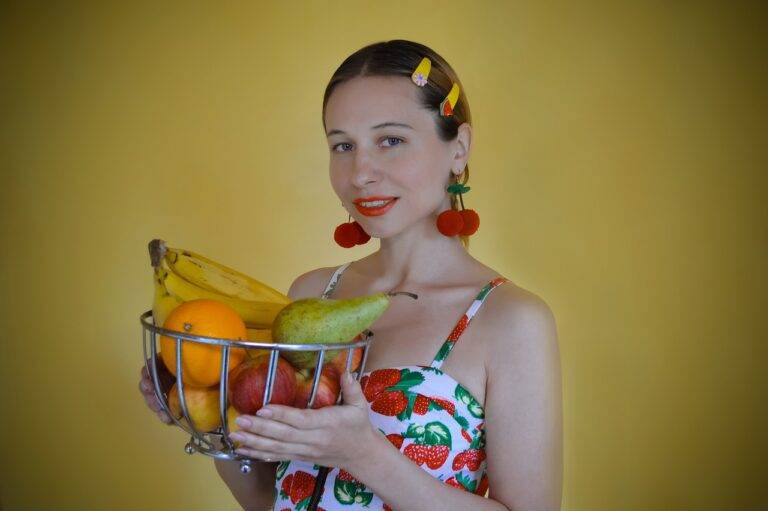The Evolution of Specialty Spices: From Classic Blends to Exotic Varieties: Gold bet 7 sign up, Radheexchange, 11xplay
gold bet 7 sign up, radheexchange, 11xplay: Are you someone who loves experimenting with different flavors in your cooking? Do you enjoy adding a touch of spice to your dishes to enhance their taste and aroma? If so, you’re probably familiar with the world of specialty spices. From classic blends to exotic varieties, the evolution of specialty spices has been a fascinating journey.
Classics Reimagined:
When we think of classic spice blends, names like Italian seasoning, Chinese five-spice, and Cajun seasoning come to mind. These blends have been around for centuries and are a staple in many kitchens worldwide. However, chefs and home cooks alike have started to reimagine these classic blends, adding new twists and ingredients to create unique flavor profiles.
Global Influences:
One of the driving forces behind the evolution of specialty spices is the increasing global influence on cuisines. As people travel more and are exposed to different cultures and flavors, they bring back with them new spice blends and ingredients. This has led to the popularity of exotic spices like za’atar from the Middle East, berbere from Ethiopia, and dukkah from Egypt.
Health and Wellness:
Another factor driving the evolution of specialty spices is the growing awareness of the health benefits of certain spices. Turmeric, for example, has gained popularity for its anti-inflammatory properties, while cumin is known for its digestive benefits. As more people turn to natural remedies for various health issues, the demand for spices with medicinal properties has increased.
Artisanal Production:
In recent years, there has been a resurgence in artisanal production of spices. Small-batch producers are focusing on high-quality, ethically sourced ingredients to create unique spice blends that cater to a discerning clientele. These artisanal spices often come with a story behind them, whether it’s the source of the ingredients or the traditional methods used in their production.
Culinary Creativity:
Chefs and home cooks are always looking for ways to elevate their dishes and stand out from the crowd. Specialty spices provide an opportunity to add depth and complexity to a dish, making it more memorable and satisfying. Whether it’s a sprinkle of sumac on a salad or a dash of smoked paprika in a soup, these small touches can make a big difference in the final outcome.
The Future of Specialty Spices:
As the culinary world continues to evolve, so too will the world of specialty spices. With a focus on sustainability, traceability, and innovation, we can expect to see even more exciting blends and varieties hitting the market in the coming years. Whether you’re a seasoned chef or just starting out in the kitchen, there has never been a better time to explore the wonderful world of specialty spices.
FAQs:
Q: Where can I buy specialty spices?
A: Specialty spices can be found at gourmet food stores, specialty spice shops, farmers markets, and online retailers.
Q: How should I store my specialty spices?
A: To keep your spices fresh and flavorful, store them in a cool, dark place away from heat and sunlight. It’s best to use airtight containers to prevent moisture and air from deteriorating the spices.
Q: Are specialty spices more expensive than regular spices?
A: Specialty spices can be more expensive due to their quality, sourcing, and production methods. However, a little goes a long way, and the flavor they add to your dishes is well worth the investment.







